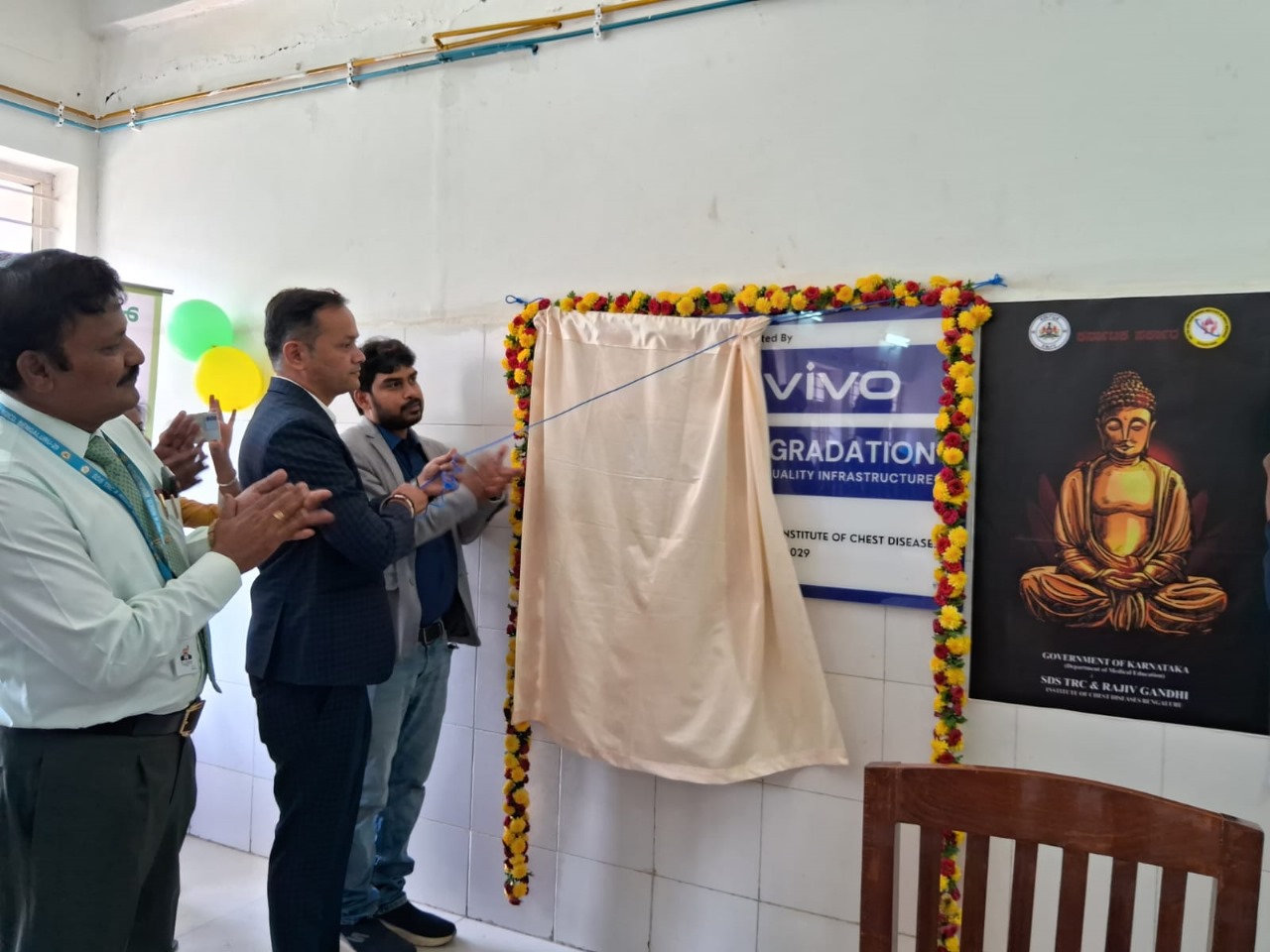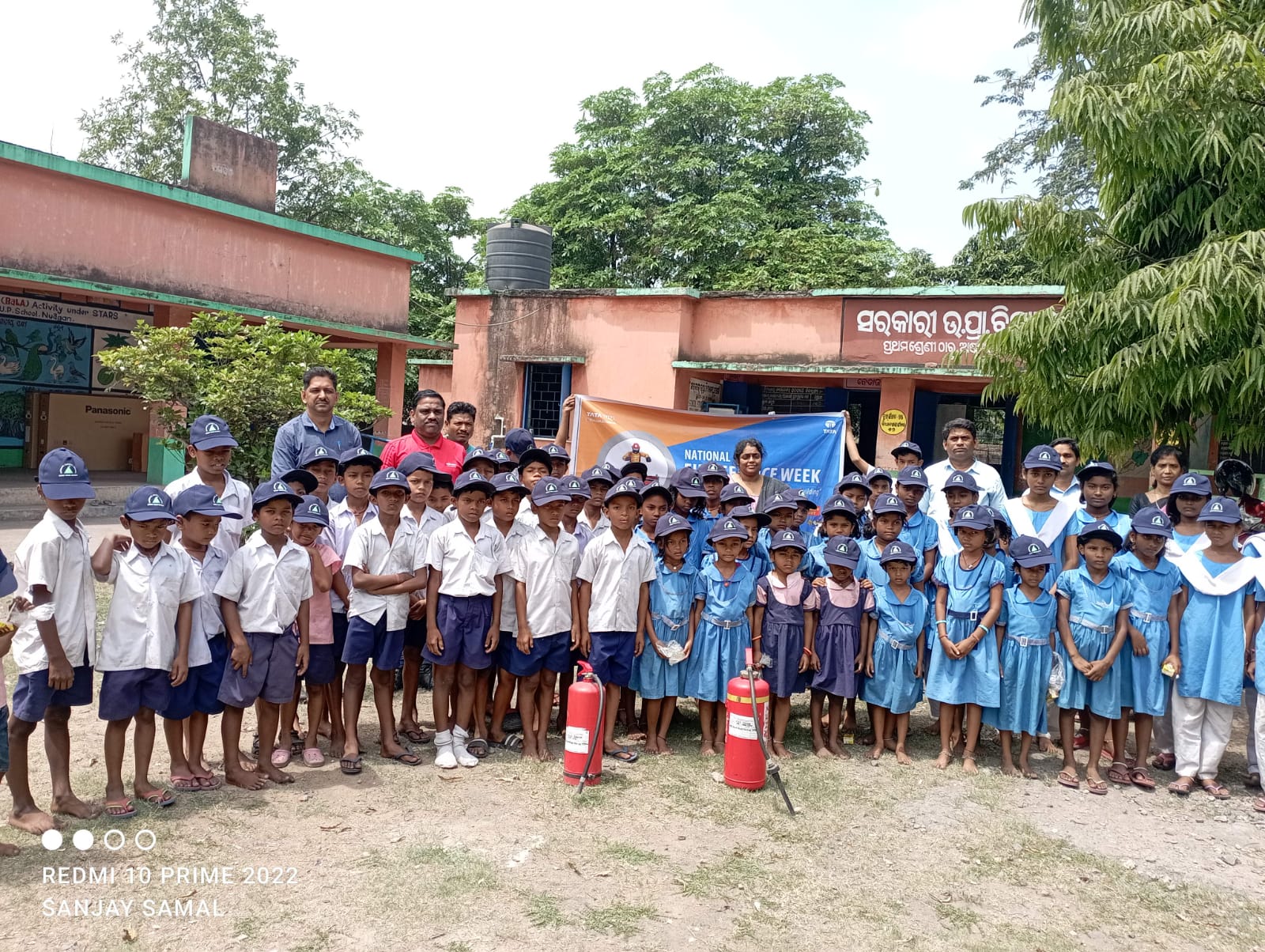Subscribe our Weekly Newsletter
RFP - Sanitation Financing at the Municipality Level in the Small Towns in South Asia

Organization: WaterAid India
Apply By: 01 Nov 2020
RFP - Sanitation Financing at the Municipality Level in the Small Towns in South Asia
About the Organization:
WaterAid India is registered as Jal Seva Charitable Foundation – a company incorporated under section 25 of the Companies Act, 1956 (Section 8 under the Companies Act, 2013) with CIN U85100DL2010NPL200169, having its registered Office at 2nd Floor, New Block, RK Khanna Tennis Stadium, DLTA Complex, 1 Africa Avenue, New Delhi – 110 029). The Membership and License Agreement signed between WaterAid India and Jal Seva accords all the necessary rights to Jal Seva to use the WaterAid brand and its name in India. As a result, throughout this TOR, Jal Seva is referred to as WaterAid India.
Context:
Delivering safe and effective sanitation services is one of the key mandates for urban municipalities in South Asia. This entails several key activities, including employing sanitation workers, managing sewerage systems, providing faecal sludge management services, managing public toilets, keeping cities open defecation free, regulating other service providers etc. These services may be delivered directly by municipalities or indirectly through subcontractors. Effective services also require credible financing strategies, underpinned by sufficient financial and human resources.
With increasing urbanisation, the need for safe sanitation services is as critical as ever, but urban local bodies struggle to provide these services to all of their citizens and especially to the urban poor in the dense settlements. One of the key principles of City Wide Inclusive Sanitation (CWIS) is the political commitment and leadership of city governments.1 CWIS also highlights that increasing public budgets is necessary (but not sufficient) and available resources need to be better allocated and used more effectively.
Scope and Objective of the assignment
The objective of the study is to identify best practices and innovations in public financing for urban sanitation, exploring how transfers, tariffs or local taxes or any other financing mechanisms have been used by the municipality for the delivery of sanitation services.
It is proposed that six municipalities representing small towns across India, Bangladesh and Nepal are identified for this study based on parameters of relatively well functioning and performing sanitation services. Possible good practice and policies to be studied at the municipality level include:
- Revenue generation through local taxes;
- Allocation mechanisms for securing sufficient resources for sanitation services; including financing for operation and maintenance
- Regulation, cross-subsidies or other mechanisms to ensure sanitation services for vulnerable and poor populations;
- Transparency and accountability mechanisms (across levels) for citizens / consumers.
The research product will be used for capacity building for municipalities to learn from each other’s best practices on sanitation financing. The challenges and gaps will also help WaterAid for required advocacy at the country level.
Experience and requirements:
To undertake the assignment, the consultant/consulting firms are expected to meet the following experiences and conditions.
- Proven experience in conducting research in WASH domain.
- Sound experience of qualitative research.
- Proven experience in designing data collection tools and choosing appropriate collection methods
- Team composition includes representation from the participating countries of the study
- Highly competent at oral and written forms of reporting and presentation
- Fluency in English and Bengali/Nepalese and quality report writing.
- Respect and ability to follow minimum research ethics
Technical Proposal
1. Consultant/ Consulting firm are requested to submit their proposal typed in English (font - Arial, Size -12).
2. The technical part of the proposal should contain the following:
- Detailed methodology of the study.
- Detailed work schedule including key milestone dates (including dates for submission of first draft, dissemination of findings and final report);
- Detailed account of experience of past projects, consultancies, research, publications and other relevant information employing qualitative methods, including references.
- Detailed CV of the team leader and key members of the study team.
3. Two different files should be generated for technical and financial proposals.
4. Both two files should be submitted into one zip folder with a statement of suitability addressing the Regional Director South Asia, WaterAid
Financial Proposal
- All prices shall be quoted in local currency. Contract will be administered by the respective Country Office of WaterAid based in South Asia region.
- The financial proposal should clearly identify, item wise summary of cost for the assignment with detail breakdown. The budget should mention income tax and VAT/GST as a separate head and will be deducted as per the law of the land. The Financial Proposal should also clearly identify, as a separate amount, duties, fees, levies, and other charges, if any, imposed according to the government regulations of Bangladesh, India and Nepal.
- The Consultant/ Consulting firm is expected to provide justified budget maintaining consistent with technical proposal.
Deadline: GMT+06 hours of 1st November, 2020.
For more information please check the Link
Latest Online Store
Latest Grants
Latest News
© Renalysis Consultants Pvt Ltd


























